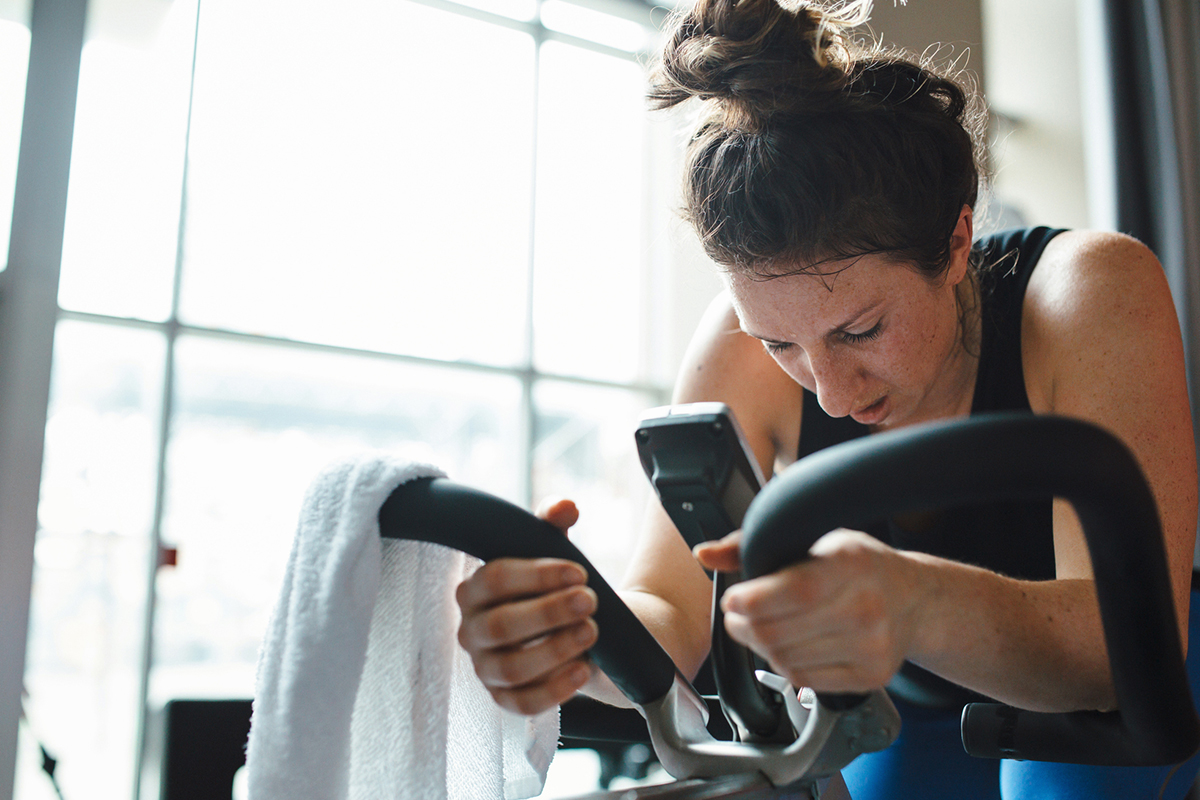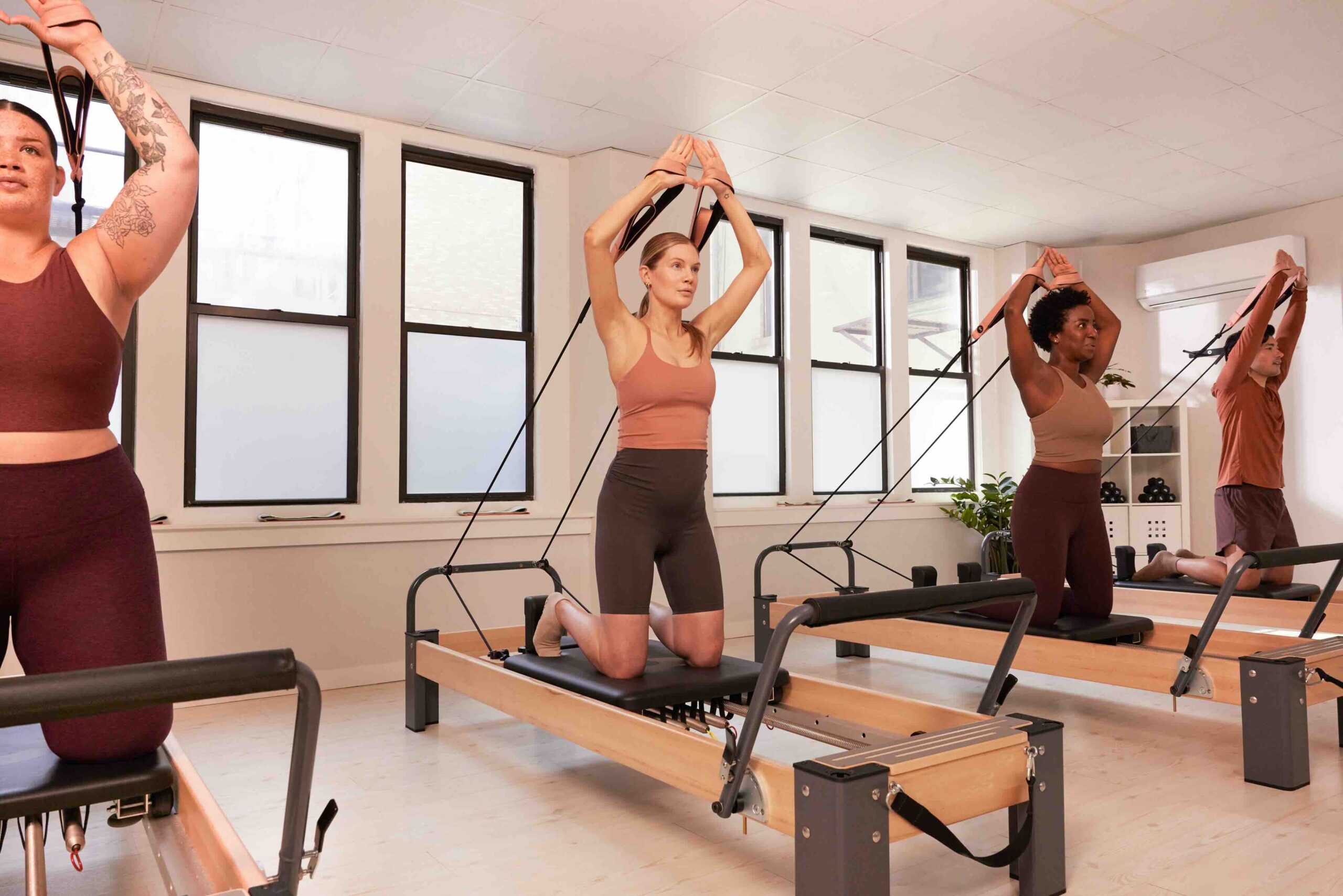Feeling lightheaded is the worst, and it can happen to anyone. I’ve experienced it in my own workouts, running in the park, and I’ve seen my youngest, oldest, heaviest and lightest clients deal with the dizziness in class. What’s important to remember here is that this is not an instance to be embarrassed. Too many people judge themselves for not being able to “power through,” but lightheadedness does not mean you’re weak. It’s a signal from your body that you can help it be stronger.
Why do I get lightheaded after working out?
We can’t diagnose why you’re getting dizzy after working out without context, but the most common causes of dizziness are dehydration, low blood sugar, low blood pressure and low iron in the blood stream.
We do want to note that dizziness is a sign from your body that it needs some support. Follow the tips below as a matter of first defense, but if your symptoms and discomfort persist, it’s time to have a conversation with your doctor. Work hard, stay safe and listen to your body.
How to stop getting lightheaded after working out
First things first, if you’re having constant bouts of dizziness you need to consult with your doctor as soon as possible. But if you’re only dizzy after working out, try following this simple expression to avoid that dizzy, light-headed feeling in class: eat, drink and be merry!
Eat
There are all sorts of debates about whether to eat before working out or not. And the answer is, it all depends—on you! Ultimately, having a banana or a protein shake before a workout isn’t going to hurt you, and if you have a history of getting dizzy, it can even help. Dizziness can be a sign of low blood sugar, something that can be affected by diet changes, cleanses, menstruation and fatigue. Your body reacts quickly, so treat it with care.
Drink
Drink up! Dehydration is a big factor when dizziness is concerned. Did you jog to class as a warm-up and then hop right into the jump squats? You probably needed to sit and sip for a minute. Water is something that I would bet we all probably don’t get enough of, and the beauty of it is, you can have as much as you need. I always suggest having a bottle of water available to you throughout your workout. Challenge yourself to be halfway done with it midway through the workout and finish it after the cool down.
Be merry
Are you having fun? There’s a difference between an exhilarating challenge and an “over the top” workout. If you’re not having any fun and you’re getting lightheaded, chances are you need to pull back. Overexertion is a big contributor to feeling dizzy. It’s all about balance. Having a competitive side is a good thing, but if it has you jumping into situations that might make you unsafe or that require some more fundamentals training, you may want to pare back and turn it into a slightly more long-term goal. I’ve yet to find a group-fitness class that pumps out Olympic athletes or awards gold medals at the end, so re-frame what you want to achieve and give your body permission to have both intense and light days.
The reasons why you get lightheaded in class aren’t black and white, but the hope here is that checking in with your food, water and intensity levels can steer you in the right direction.







